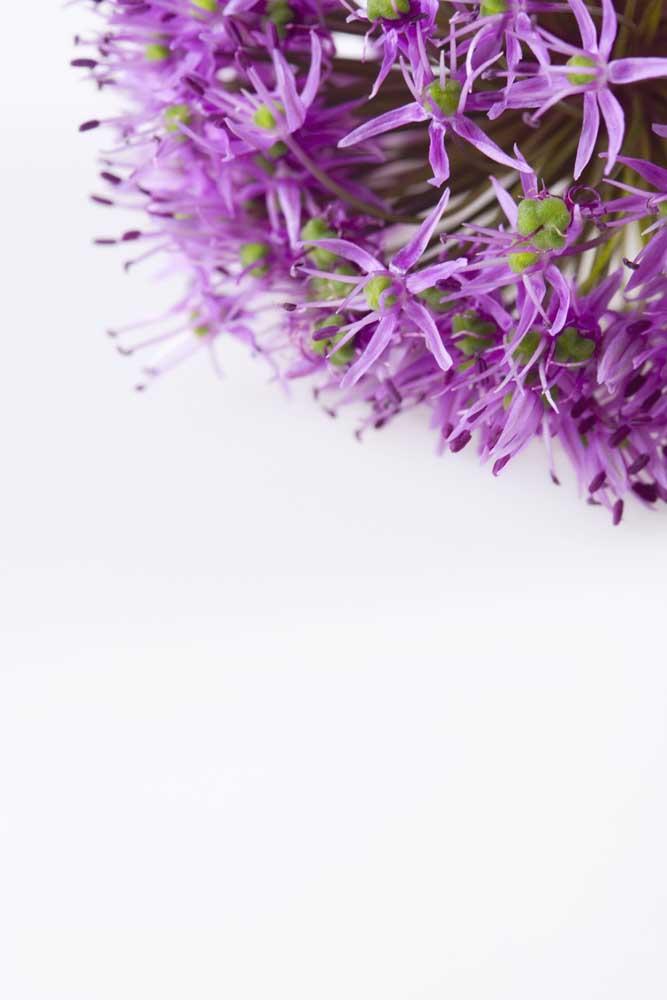Allium millenium is low maintenance, adaptable
Published 12:00 am Tuesday, February 6, 2018

- (Thinkstock)
The Perennial Plant Association consists of professionals in the herbaceous perennial industry. The association selects a different perennial each year based on several criteria, including low maintenance needs, adaptability to a wide range of climates, pest and disease resistance, wide availability, multiple seasons of interest and ease of propagation.
The Perennial Plant of the Year for 2018 was awarded to allium millenium. No, I haven’t misspelled millennium. The breeder, Mark McDonough, horticulture researcher introduced millenium through Plant Delights Nursery in 2000 with a registered spelling of only one n. It has proven itself over the years, always earning rave reviews.
Trending
If you have looked at enough garden catalogs you will recognize the genus allium as being best known for onions, garlic, leeks, shallots, scallions and chives. Out of the over 900 species, the genus is also known for over several dozen ornamentals that grow from bulbs. According to the Perennial Plant Association, “the vast majority of the genus is little known and absent from horticulture, yet possesses significant ornamental potential.”
The selection of millenium continues to show the focus on the value of pollinators and bringing them to the attention of gardeners. Millenium is being labeled as a butterfly and bee magnet.
The plant of the year has many virtues; one that is particularly significant for us is that deer and rabbits don’t seem to be interested.
Millenium grows best in full sun producing an upright foliage clump of grass-like, glossy, deep-green leaves in spring. In midsummer, two to three flower scapes rise above the foliage, with each scape producing two or three showy 2-inch spherical umbels of rose-purple florets that last as long as four weeks. The flower umbels are completely round, not domed or hemispherical as they are in some allium species. They dry to a light tan, often holding a blush of their former rose-purple color.
No serious pest problems have been reported.
Leaf spot may occur in overcrowded growing conditions. Bulb rot may occur in wet soils, yet it is known for its resistance to drought.
Trending
Alliums are sometimes avoided due to their reseeding behavior. Fortunately, millenium exhibits 50 percent reduced seed production, making it less of a self-seeding problem than other alliums.
Goldenrods are also late-summer pollinating magnets that would contrast well with millenium. Look for the shorter varieties that only reach 1 1⁄2-feet tall.
Snow in February?
I almost forgot to purchase my 2018 Harris Farmer’s Almanac. It’s always a fun read through the early months of winter, then spring rolls around and I forget to give it a look. I never consider it as the be-all, end-all source of weather predictions. I was paging through it recently hoping to find the good news that we could expect a colossal snowstorm in February. Unfortunately, the words that kept repeating themselves were “slightly above normal temperatures and slightly below normal precipitation.”
The only positive I got from turning the pages is that we are now entering the length of day phase whereby the sunrise occurs one to two minutes earlier each day and sunset occurs one to two minutes later each day. I’m sure you must have noticed, but I thought I would mention it anyway.
— Reporter: douville@bendbroadband.com








